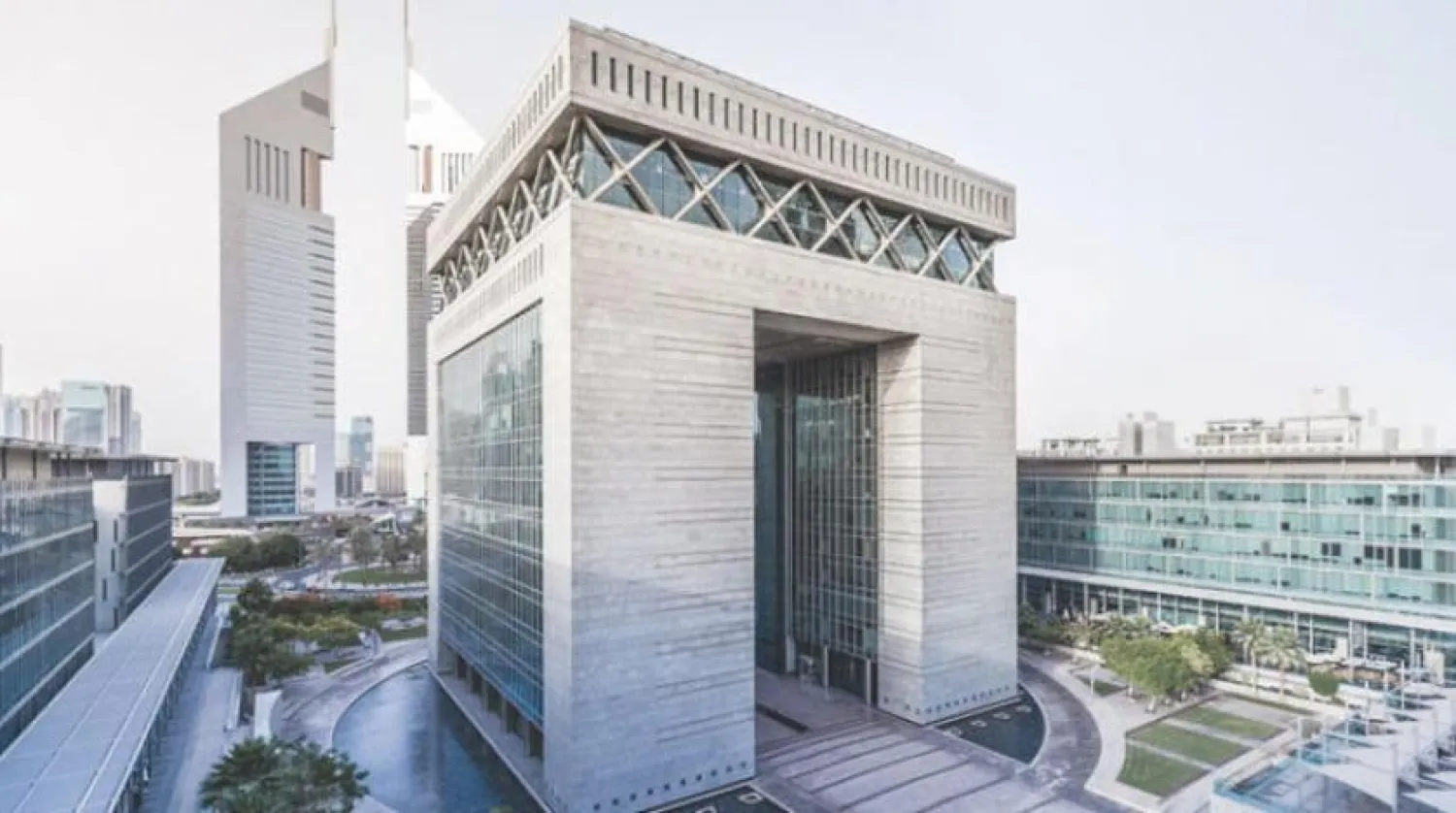Dubai Ruler Sheikh Mohammed bin Rashid Al Maktoum, Vice President and Prime Minister of the UAE, has approved the government of Dubai's general budget for the fiscal cycle of 2022-2024, with a total expenditure of AED181 billion ($49.2 billion).
He also approved a law for the general budget for the fiscal Year 2022, with AED59.95 billion expenditures ($16.3 billion).
Sheikh Hamdan bin Mohammed bin Rashid Al Maktoum, Crown Prince of Dubai and Chairman of the Executive Council of Dubai, said the government continues to consolidate the emirate’s position as a leading global commercial hub and raise its international competitiveness by creating new growth opportunities for vital sectors.
“Dubai’s new general budget meets the emirate’s future ambitions in stimulating the macro economy, supporting the objectives of the Dubai Strategic Plan 2030 and renewing Dubai’s determination to move forward in leading global economic recovery efforts,” he added.
The three-year budget cycle focuses on increasing economic growth rates by activating the public-private partnership ecosystem and supporting the private sector to drive economic growth.
It also addresses the social aspects of healthcare and education, as well as digital infrastructure development and financial sustainability programs.
Abdulrahman Saleh Al Saleh, Director-General of the Department of Finance of the Government of Dubai (DoF), underscored the government’s keenness to continue its development efforts through its general budget cycle, raising financial sustainability and stimulating the growth of entrepreneurship in Dubai.
“Dubai’s government aims to develop its financial plan annually to provide economic incentives that will have an impact on attracting more investments, improve the emirate’s competitive position and implement the goals of the Dubai Strategic Plan 2030,” he explained.
“The 2022 budget boosts recovery efforts and acts as a starting point within an integrated scheme of the 2030 plan,” he added.
Al Saleh further affirmed the Dubai government’s commitment to adopt disciplined financial policies, leading to an operating surplus of AED1.8 billion ($480 million), which represents three percent of the expected total revenue.
This will contribute to the development of the emirate’s infrastructure programs and consolidate its financial sustainability policy.
The 2022 budget expects to achieve revenues estimated at AED57.55 billion ($15.6 billion), an increase of 10 percent over the expected revenues of the previous budget of the fiscal year 2021, as a result of the rapid recovery of Dubai and the effective measures taken to curb the pandemic.









